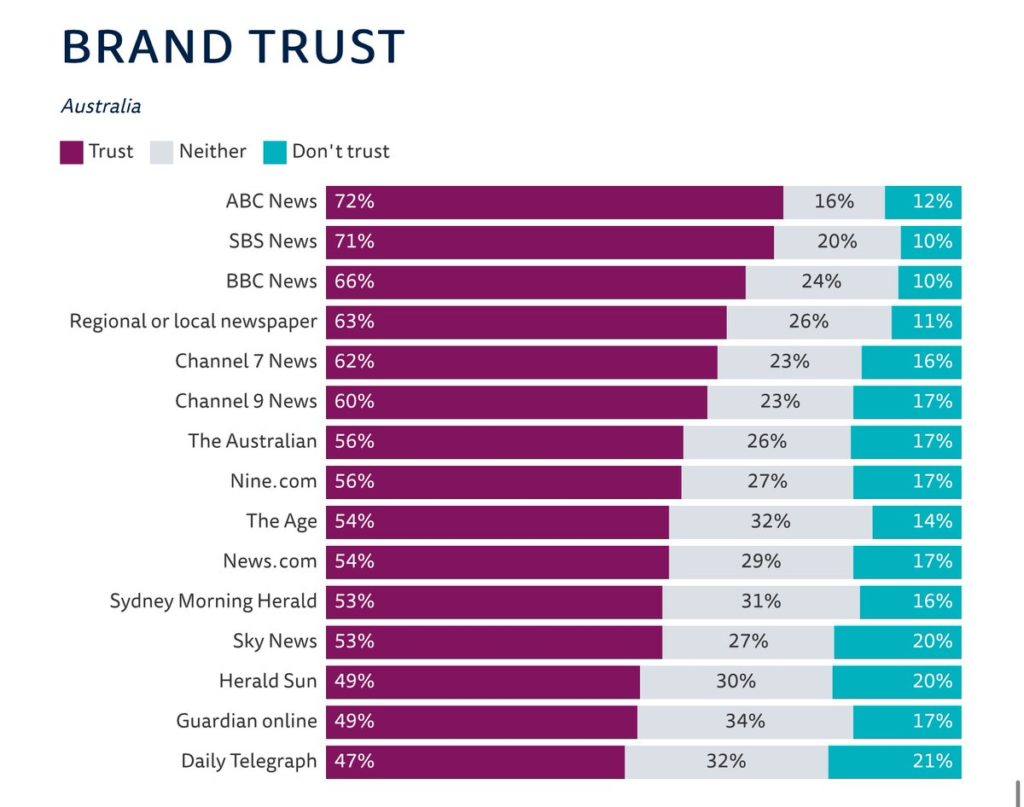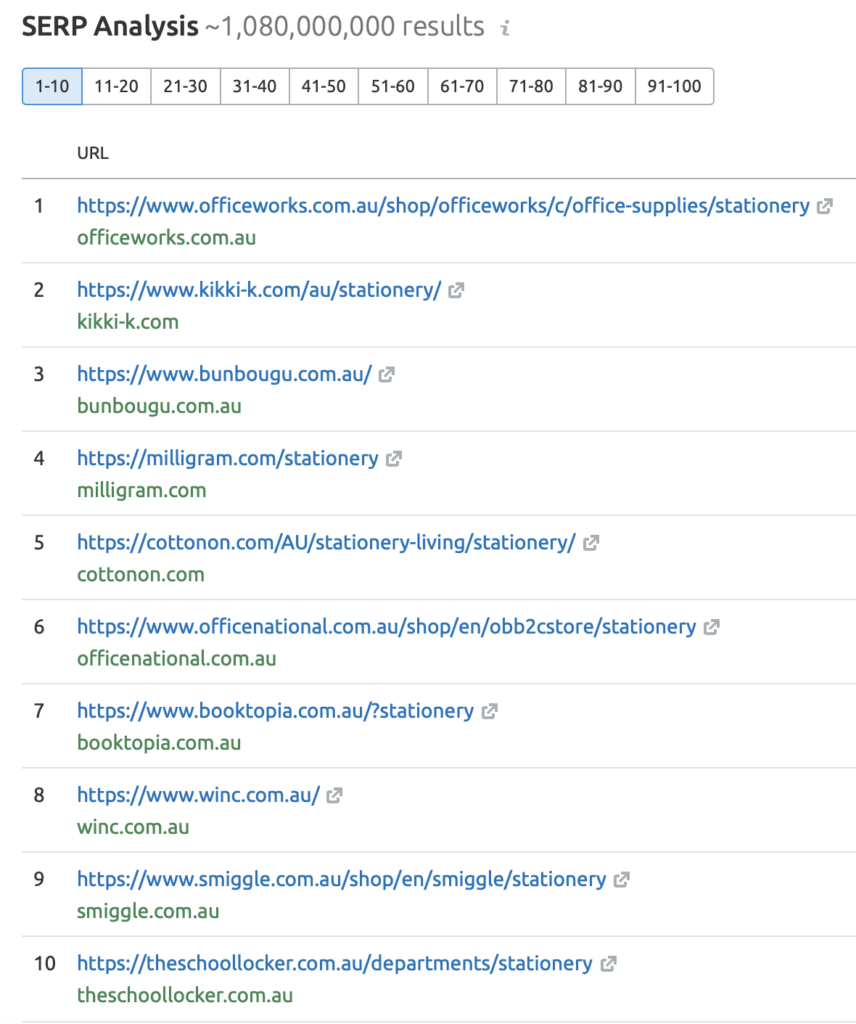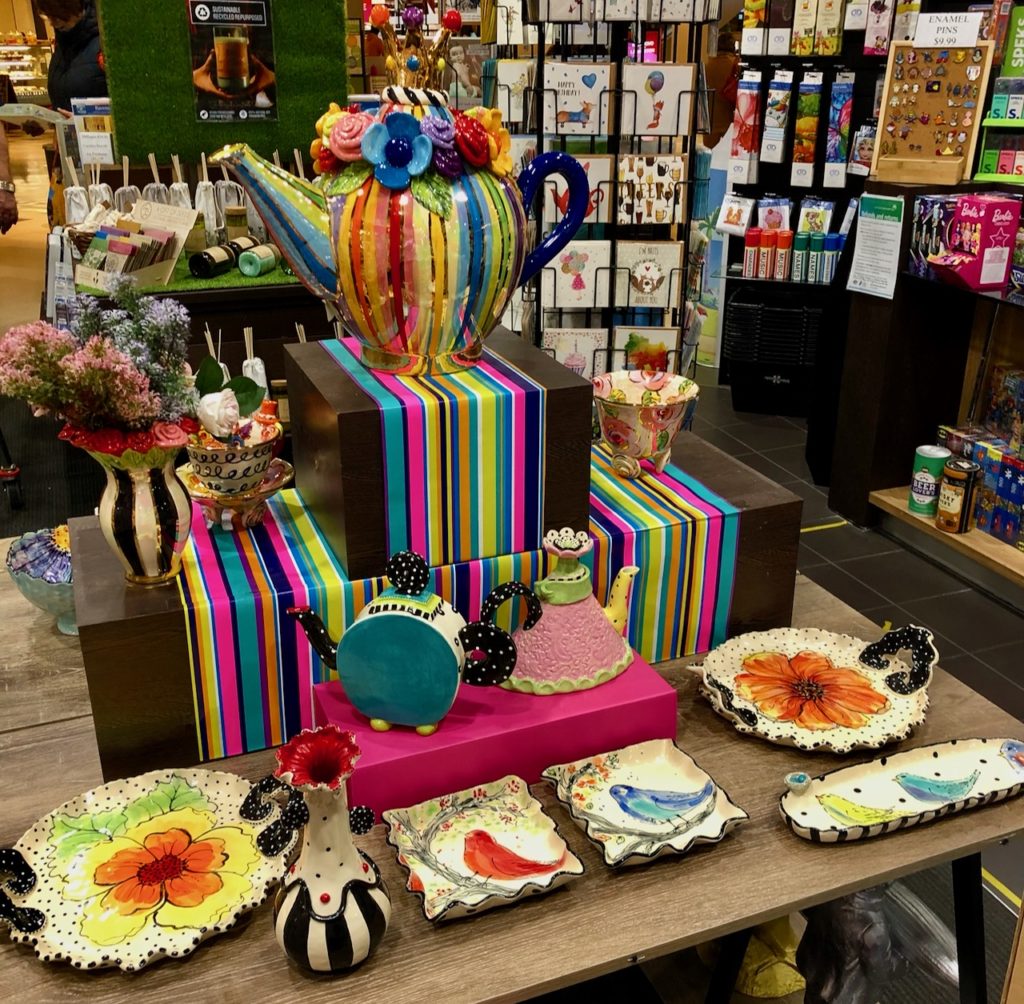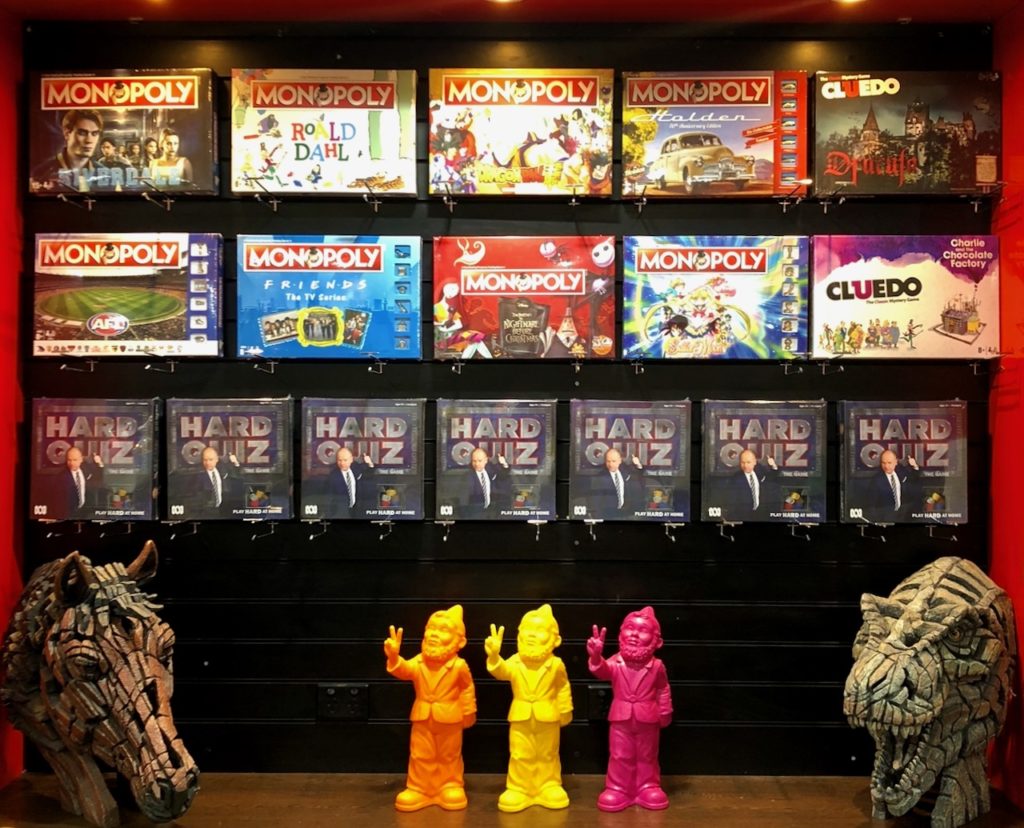Small business retailers on the mixed messages about the future of cash in Australia
Aussie media outlets are reporting that the future of cash is challenged in Australia following the surge in cashless transactions. These stories were strong early in this corona world and then they landed away. This week, the cashless stories have bounced back with several media outlets reporting on this. Here are some of the stories:
- ‘You can’t pay cash here’: how our newly cashless society harms the most vulnerable
- Australia is increasingly moving cashless and concerns are emerging
- Coronavirus pandemic could see Australia shift towards cashless economy
- We might be living in a cashless society post COVID-19. These are the little-known impacts.
- Cash on its way out as coronavirus accelerates shift to digital payments
- Coronavirus has fast-tracked our journey to a cashless future, but will cash disappear altogether?
Small business retailers talk of mixed messages about cashless. Many talk of customers who are happy with cashless, prefer cashless but who demand cash when people paid a lottery prize. In several cases told to me this week, the same customers who preferred to pay using a card were angry when told that a business didn’t have the hundreds of dollars for lottery prizes because they had not gone to the bank to get more cash.
The challenge is that cash in provided lottery retailers with a cash float for prize payouts. Today, plenty of lottery retailers are having to go to the bank to withdraw cash to cover small prizes. This situation is worse when a lottery game jackpots and the prize passes $20M. The higher the prize the higher the draw on cash for small prize payouts.
Tabcorp is being no help here. The company appears disinterested in supporting small business retailers with a refund to card option being available where a business does not have the cash.
With bank branches closing in plenty of smaller regional towns, the cost of having cash for lottery payouts in this world were is used less is problematic for some lottery retailers.
The disconnect between some businesses and among some considers about cashless makes it a topic worthy of deeper analysis. I think too many news reports on this topic so far this year have been shallow. A deeper dive is needed and along the way companies like Tabcorp need to engage as they have not, so far on this, been small business retailer friendly.




